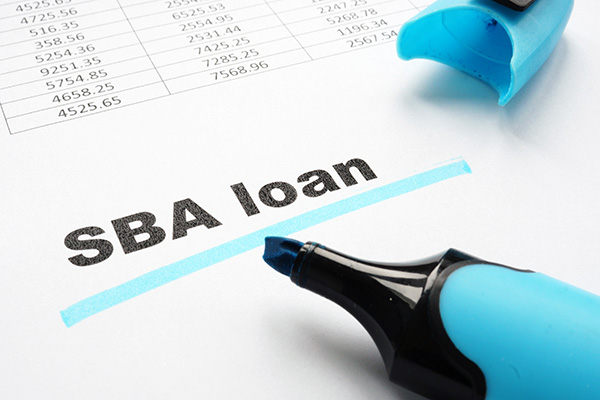
SBA Loans and Programs
SBA loans are government-backed loans designed to help small businesses access capital with favorable terms that might otherwise be difficult to secure through traditional lending channels. The U.S. Small Business Administration (SBA) partners with lenders to offer these loans, reducing the risk for lenders and allowing them to provide more favorable terms. SBA loans typically come with lower interest rates, longer repayment terms, and more flexible requirements, making them an ideal choice for small businesses looking for long-term financing to fund growth, purchase equipment, or cover working capital.
How Do SBA Loans Work?
When you apply for an SBA loan, the SBA guarantees a portion of the loan, which helps mitigate the risk for lenders and makes it easier for small businesses to qualify. These loans are available in several types, including 7(a) loans, microloans, and CDC/504 loans, each with different requirements and benefits. The repayment terms typically extend over 10 to 25 years, depending on the loan purpose, which helps keep monthly payments affordable. SBA loans are ideal for small businesses with a solid track record but may not have the assets or credit history required for conventional financing. By choosing an SBA loan, businesses can access the capital they need with flexible, manageable repayment options.

Highlights
- Low Interest Rates – Benefit from some of the most competitive rates available for small businesses.
- Flexible Terms – Enjoy extended repayment terms, often up to 25 years, depending on the loan type.
- Accessible Capital – Fund a wide range of needs, from working capital to equipment and real estate.
- Government Backed – Loans are partially guaranteed by the SBA, reducing lender risk.
- Supports Small Businesses – Tailored for startups and established businesses seeking growth